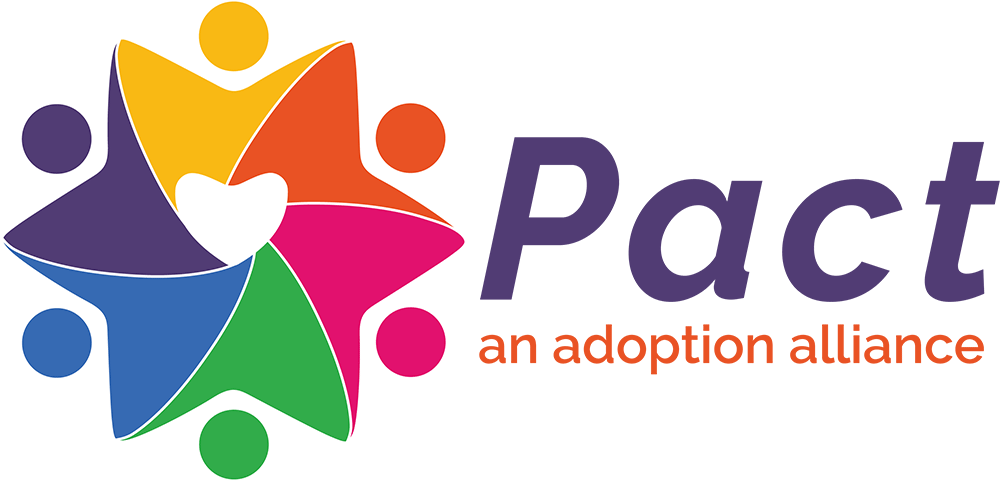
I’ve been active in transracial and general adoption groups for many years. In the beginning, it was through listservs (for anyone under the age of 30, these are electronic mailing lists); later there were AOL chatrooms and basic websites with message boards. Today, most of these groups have migrated to Facebook. The format has changed, but so much of the discussion is the same. One question that continues to be debated is when to “tell” your child that he or she is adopted.
My parents discussed my adoption openly from before I have any memory. I don’t recall a specific day where they sat me down and said, “We have something to tell you. You’re adopted.” And I’m glad. Although my adoption was closed (this was in the 1970s), it was a topic we discussed freely. Of course, since my parents were white, and I’m Black, it was clear that I wasn’t their biological child. This is often the case with transracial adoption. However, in same-race adoption, it can be easier to avoid the conversation.
I belong to an adoptee support group that meets once a month, and there are several late discovery adoptees (LDA) in the group. Their experiences differ widely from adoptees who knew early on that they were adopted. Their grief and sense of betrayal are palpable. They often question whether their adoptive parents are withholding other information. Parents give all kinds of reasons why this basic information is kept from a child, but no excuse ever rings true to me. You cannot build a healthy, trusting relationship with anyone when the root is a lie – especially with a child. And so often, the secret is upheld by other people in the adoptee’s life, including siblings, grandparents, aunts and uncles, neighbors, even doctors. When the truth comes out, adoptees feel anger and embarrassment. Trust is lost, and in some cases, the parent-child relationship is disrupted.
One common reason offered by adoptive parents is that adoption is too confusing for the child to understand. I don’t see it this way. When adults share information with a child at an age-appropriate level, children can understand big topics. Some adoptive parents are uncomfortable with the subject and avoid the conversation – often deciding they will reveal the truth when the child is older. As the conversation gets pushed to the future, the revelation to the child becomes more and more difficult. This avoidance puts the comfort of the parent above the well-being of the child.
In 2019, Dr. Amanda Baden, a professor of counseling at Montclair State University who is herself an adoptee and adoptive parent (and friend of Pact), published a study on late discovery adoptees. This multi-year, peer-reviewed study found that “those who learned of their adoptions from age 3 and older reported more distress and lower life satisfaction when controlling for the amount of time adoptees have known of their adoption statuses and their use of coping strategies.” Dr. Baden’s research showed a sense of betrayal, even when other aspects of the family dynamic were positive. The best outcomes were found in adoptees that were told before age two.
I encourage adoptive parents to read Dr. Baden’s study or this summary by journalist Ashley Fetters. After reviewing the research, I hope that parents who have delayed this critical conversation with their children will reach out to Pact or an adoption-competent mental health professional for help getting started. Children can understand complex issues delivered in age-appropriate ways, but they often cannot understand why their parents would hide such an important truth from them.
References:
Baden, Amanda, Delaying Adoption: A Survey of Late Discovery Adoptees
Fetters, Ashley, What Happens When Parents Wait to Tell a Child He’s Adopted
Kirstin Nelson is a transracial adoptee and an adoptive parent. She grew up in racial isolation in rural Nebraska and has spent her adult years forming her cultural and racial identity. She has been in reunion with her first mother for over 20 years. Kirstin is a law librarian for the federal government and adjunct law professor.
